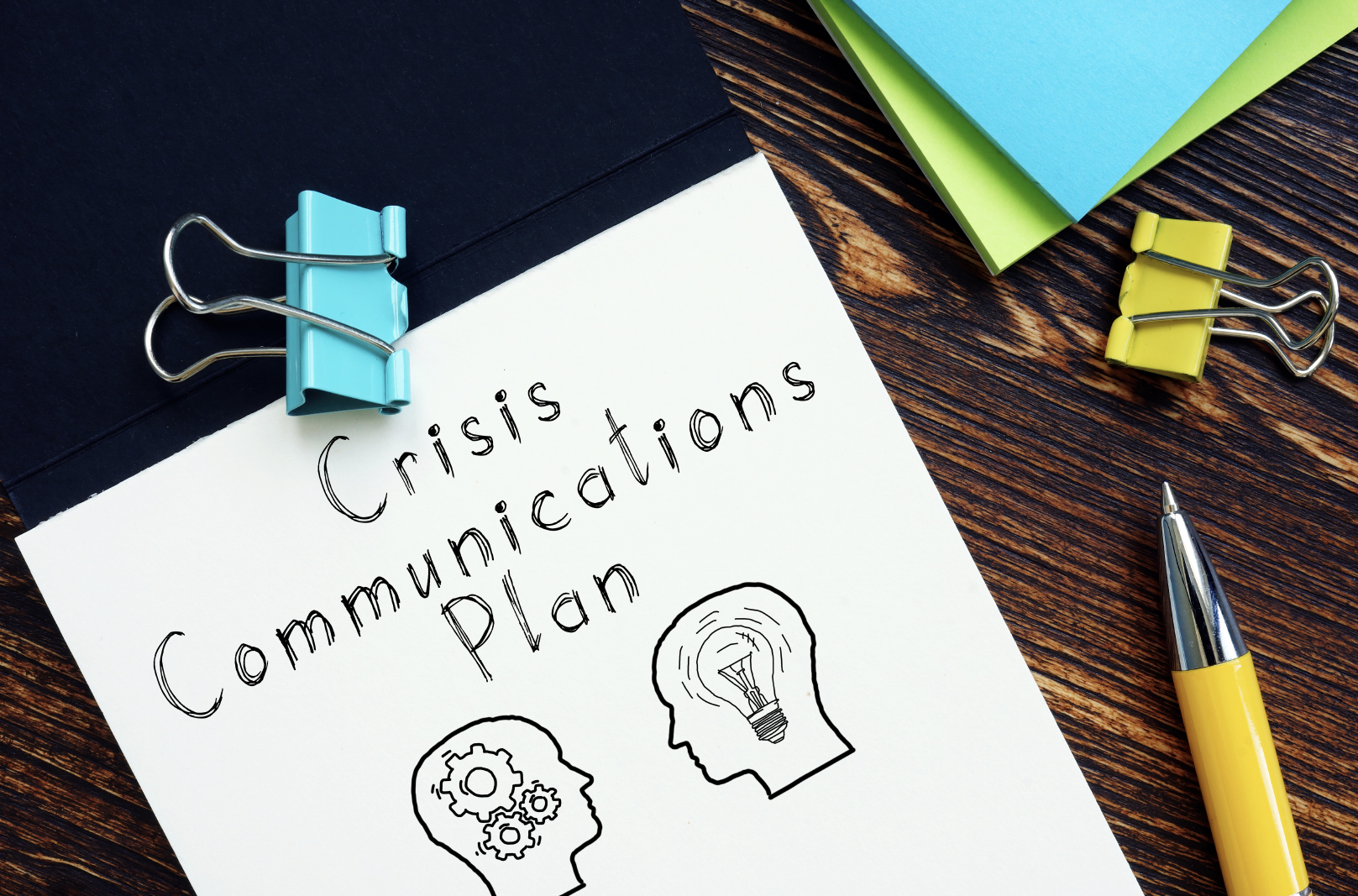As I reflect on my recent experience at a two-day crisis communications bootcamp, I find myself filled with gratitude for the invaluable lessons learned. The transformative impact of these learnings on my approach to crisis communications has not gone unnoticed as we navigate a world that is far more connected and ‘tuned-in’ than ever before. Stepping into the bootcamp, I anticipated gaining practical strategies and insights into crisis management, but what I didn’t anticipate was the personal growth and newfound confidence that I would gain.
A lesson that may seem apparent but is so often missed in crisis communications is the importance of preparation. In the face of a crisis, having a well-thought-out plan ahead of time can make all the difference. Through interactive workshops and case studies, I learned the intricacies of developing comprehensive crisis communication plans, from risk assessment to stakeholder mapping. The bootcamp instilled in me a sense of readiness, empowering me to approach potential crises with a strategic mindset rather than succumbing to the “what now” mindset.
Transparency emerged as another cornerstone of effective crisis communications. I realized that honesty, even when the truth is uncomfortable, is paramount in maintaining trust with stakeholders. The bootcamp emphasized the significance of timely and transparent communication, reminding me that transparency not only fosters credibility but also cultivates authenticity in relationships.
Adaptability also emerged as a recurring theme throughout the bootcamp, underscoring the importance of flexibility in navigating turbulent waters. In today’s fast-paced media landscape, crises can unfold across various platforms in real-time, demanding swift and agile responses. Through simulated crisis scenarios and role-playing exercises, I honed my ability to adapt to changing circumstances, equipping me with the confidence to navigate the unpredictable terrain of crisis communication.
Furthermore, the bootcamp highlighted the critical role of internal communication in crisis management. Effective communication within an organization is the key to a successful crisis response. By fostering a culture of transparency and accountability internally, organizations can empower employees to serve as ambassadors of trust, ensuring alignment and cohesion in their external messaging.
But perhaps the most profound lesson I learned from the bootcamp was the power of empathy. Behind every crisis lie individuals grappling with fear, uncertainty and vulnerability. Learning to empathize with stakeholders’ concerns and communicate with compassion has become a guiding principle in my approach to crisis management. The bootcamp reminded me that amidst the chaos of a crisis, empathy has the remarkable ability to forge connections and instill confidence in those we seek to reassure.
The field of crisis communication is dynamic, with new challenges and opportunities emerging constantly. By staying informed about industry trends and best practices, I aim to adapt my strategies to meet the evolving demands of an ever-changing landscape.
My journey through the bootcamp has been nothing short of transformative. From the importance of preparation and transparency to the power of empathy and adaptability, each lesson has left an lasting mark on my approach to communication in times of crisis. As I embark on the next chapter of my professional journey, I carry with me the invaluable lessons learned and the unwavering commitment to navigate storms with resilience, empathy and grace.

Rebecca Hurl is an Account Director at Brookline Public Relations. She has a passion for building connections and helping create effective communications strategies for clients.
